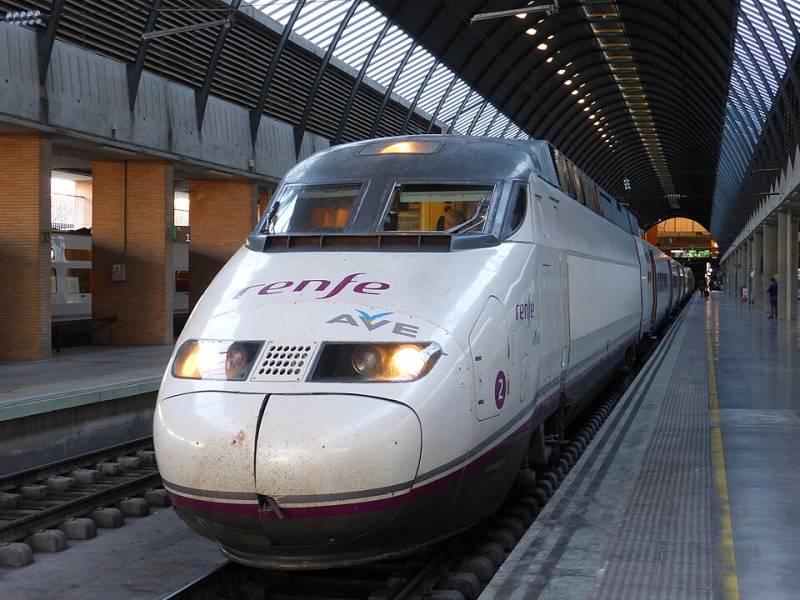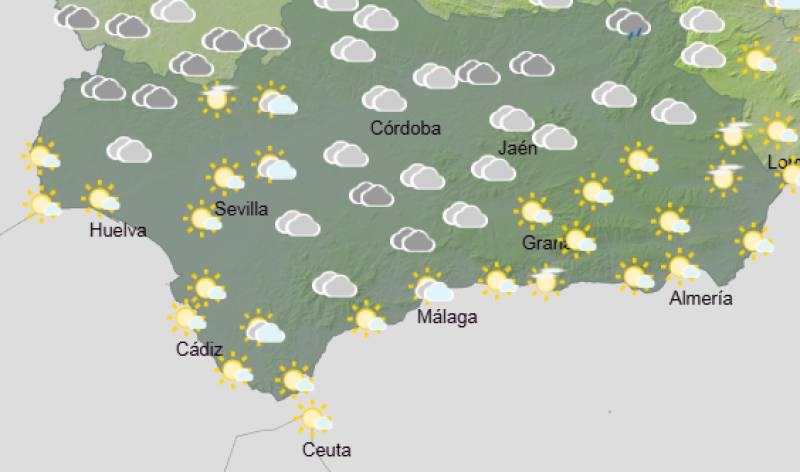

- EDITIONS:
 Spanish News Today
Spanish News Today
 Murcia Today
Murcia Today
 Alicante Today
Alicante Today
article_detail
Date Published: 24/05/2021
ARCHIVED - Fire at Almeria migrant camp was intentional say police
The fire at a migrant camp in Nijar, Almeria, has destroyed around 100 homes.
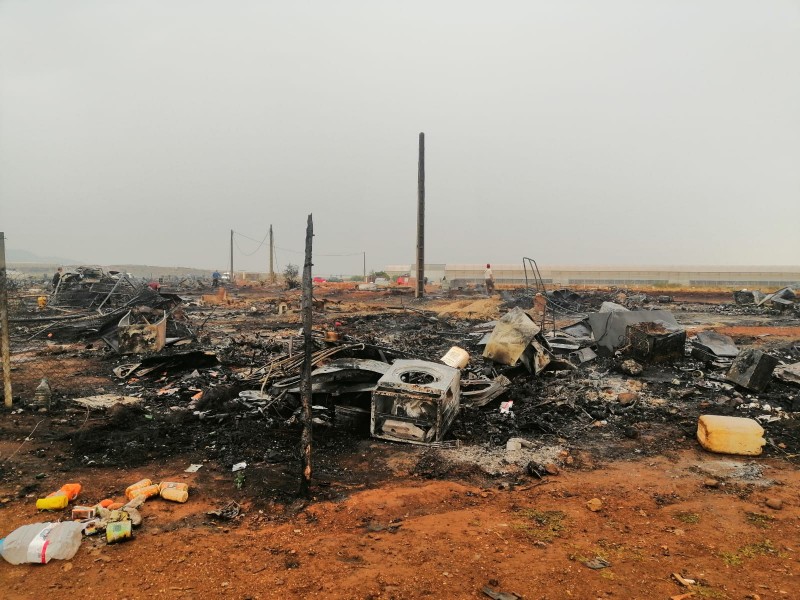
Following the outbreak of a fire on Saturday May 22 at a camp for irregular migrants in Almeria, police have arrested two people on suspicion of arson in what they say may have been a racist crime.
The fire broke out at around 11.45 pm on Saturday in a shanty town named Gualili in the area of Las Chozas at the intersection of the AL-3108 and AL-3112.
Emergency workers evacuated the settlement as the fire spread to homes and the flames were extinguished at around 3 am. However the fire broke out again, requiring members of the Almeria Firefighters, Levante Consortium, Local Police, Guardia Civil, Civil Protection and Infoca to work together to battle the blaze.
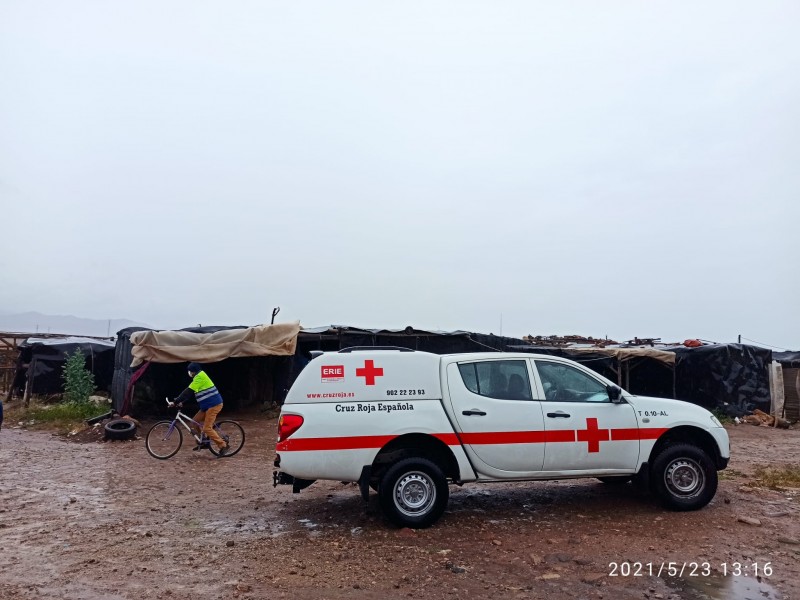
The fire was eventually put out but destroyed around 100 homes at the Nijas shanty town and left a 45-year-old man with burn injuries to his legs. The man arrived at the Almeria hospital at around 7.15 am but health workers decided he should be transferred to a hospital in Granada.
The fire follows several others at migrant camps in Almeria and other areas of the Andalucía region.
During the last week alone there have been two other deliberate fires reported, both in the province of Huelva, with one on May 19 leading to the deaths of a man and a woman.
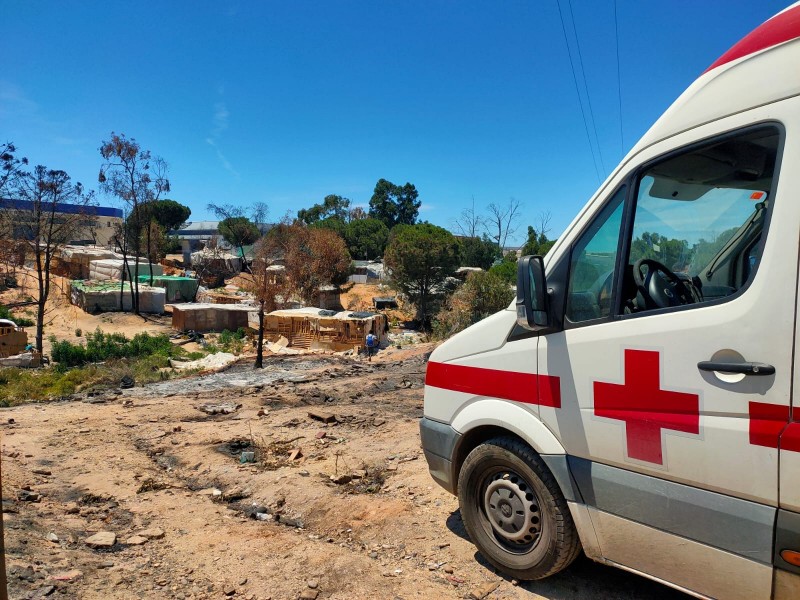
Tensions between the Spanish authorities and irregular migrants have increased dramatically in recent days after around 8,000 migrants from Morocco forced their way into the Spanish city of Ceuta in North Africa last week, the flow across the border only stemmed when the government brought in the army.
Most of those who entered the exclave by swimming around the border fence have now been returned to Morocco, but there have also been several attempts to enter the other Spanish territory on the African coast, Melilla, and the incident has increased tension between the Spanish and Moroccan governments.
Although the Spanish government is attempting to put a positive face on the incident and has requested that the autonomous regions take in 200 children who were already awaiting rehoming in a migrant transit centre in order to make space for those who have crossed the frontier, the situation has generated anger amongst some sectors of the population, hence the attacks on these three irregular encampments.
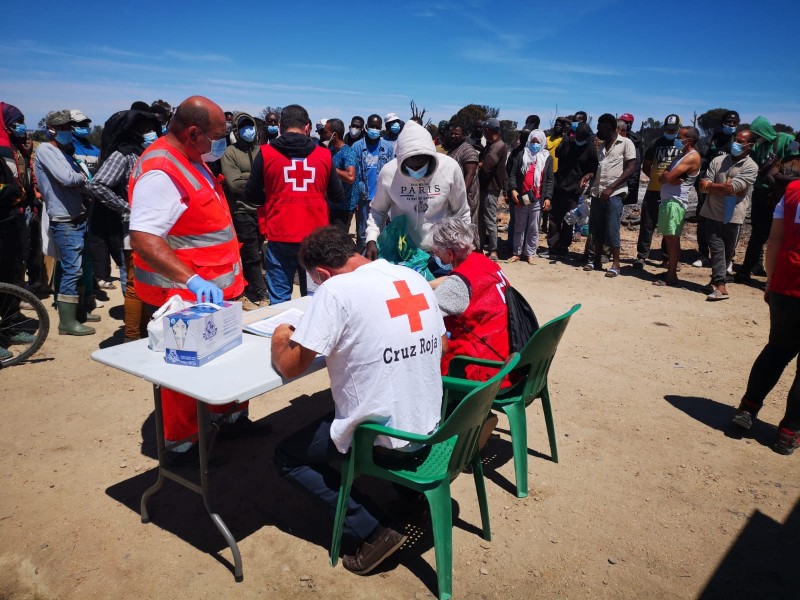
There are many "shanty town" structures already existing in Spain, inhabited by these irregular migrants who are not permitted to legally work in Spain as they have no documentation. Those who live in these encampments find illegal work, mainly within the agricultural sector and tend to settle in areas most closely linked to agriculture, living in appalling conditions.
Support comes mainly from the Cruz Roja, who were first to visit the camp after the fire and offer help, food and clothing to those who had lost everything in the fire, and local councils also offered resources, but many locals are unhappy about the proliferation of these camps and the number of migrants illegally entering Spain.
The Spanish government refuses to legalise them, holding the opinion that to do so would encourage even greater flows of illegal migrants into Spain.
The immigration issue is also the reason behind the meteoric rise of the far-right Vox political party in the last two years, with migration one of their core political topics.
Many of those who do reach Spain continue their journeys across Europe, some attempting to enter the UK by boat.
On Sunday UK national, The Independent, reported that the number of migrants crossing the Channel had doubled this year, with more than 3,000 men, women and children making the trip this year so far, compared to 1,400 during the same period last year.
During this same period, the paper reports, not one of the migrants has been deported to the countries through which they passed on their way to the UK, as the UK Govt. dropped out of the Dublin regulation when it left the EU on January 1, a mechanism by which it could return immigrants to transit nations, and has failed to since reach any agreements within Europe for the deportation of those who reach its shores.
The European Commission said the Brexit deal “does not include provisions on asylum and return" and the Spanish government said that it has "no ongoing agreement" with the UK.
Other countries, including France, Belgium and Germany have also expressed opposition to a joint scheme to return irregular migrants who reach the UK to a transit nation.
Images: Cruz Roja supplying humanitarian aid in the camps in Huelva and Almería dstroyed by fire in the last week.
Contact Murcia Today: Editorial 000 000 000 /
Office 000 000 000










